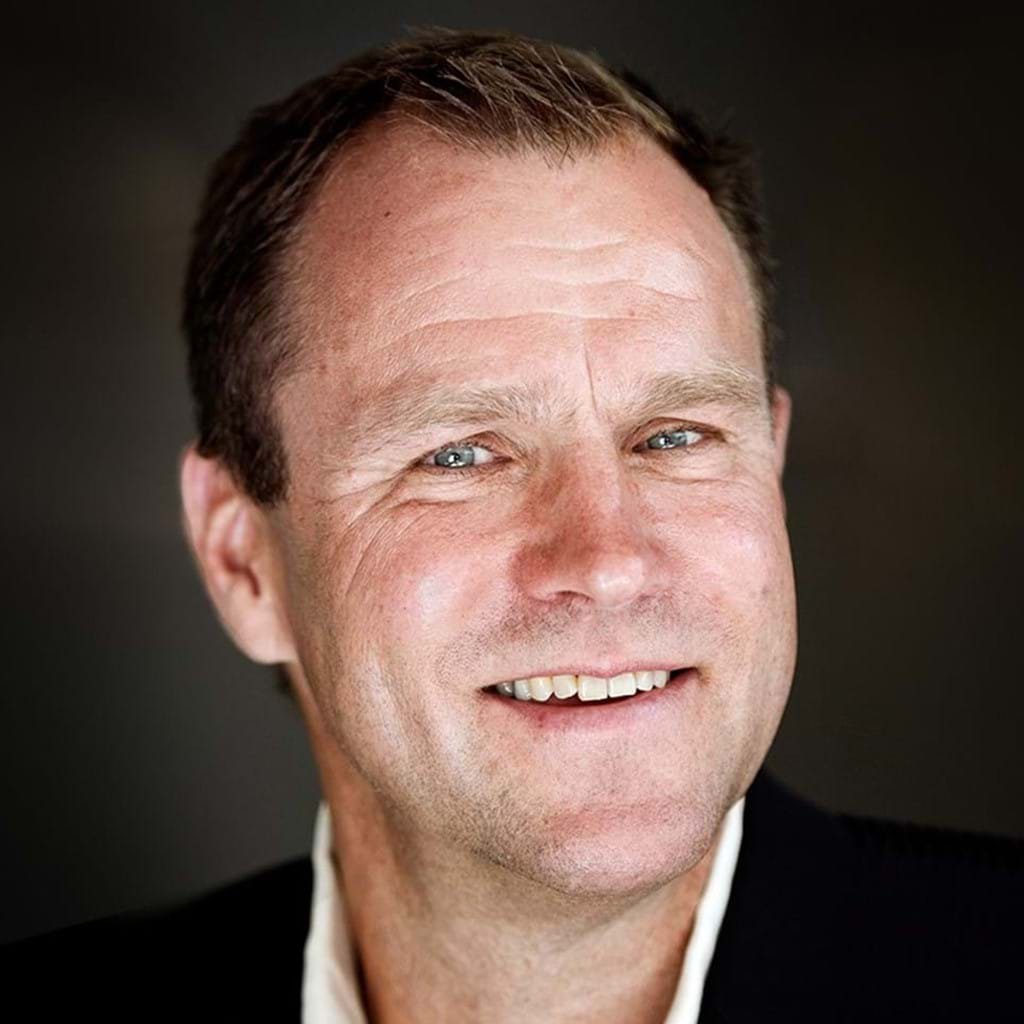The Norwegian athlete and Olympic champion Karsten Warholm is known for stating “det er bedre med godt gjort enn godt sagt” which roughly translates into “better well done than well said”. Similarly, Linford Christie famously stated, "I will let my feet do the talking!" But what about the majority of sustainability businesses today? Do they think the same way?
The hope is yes – but still we fear that many ESG companies report and market their sustainability efforts better than they should. Just as Greta Thunberg summed up the COP26; it's all a bit too much "Blah Blah Blah". In a few years some of these companies will probably be walking around naked, much as The Emperor without clothes, and many investors will have lost their money. How big the bubble will get before it bursts remains to be known.
On November 13th, 2021, world leaders closed on a compromised deal in Glasgow during COP26, after an intense tug-of-war in which the wording to phase down the use of coal power replaced the wording phase out the use of coal power – as it initially had said.
Thunberg took to Twitter and respond with: ‘Small steps in the right direction’, ‘making some progress’ or ‘winning slowly’ equals losing. #COP26 #UprootTheSystem
Are her assessments transferable to the business sector and ESG companies?
Investments like never before
Anyone working with a sustainability project today won’t have trouble finding willing investors. Pensioners investing – especially in funds – strongly believe that sustainability is the future. That’s why they seek out sustainable initiatives to invest in. Both within E, S, and G; Environmental, Social, and Governance – but perhaps most of all E (imagine if you stumble upon the Google of sustainability!).
However, this eager to invest might be so grand that we fear it exceeds the investment expertise of those looking for the right projects to invest in. We have previously discussed organizations such as Bellona, with Frederic Hauge at the forefront, as an example of the environmental competence that investors should ally with. How many have taken this advice? That remains to be known.
Are there other places to find this type of knowledge?
In (re)search of better ESG companies
As we see it, there are three problems we need to solve in the business community when it comes to ESG:
1) In search of better reporting on ESG. Unlike a company’s reporting of financial data, a company’s disclosure of ESG scores is voluntary in most countries. Initiatives such as the Integrated Reporting initiative seek to develop standards and reporting compliance that will create more solid and trustworthy numbers that we can use to gauge whether a company indeed is doing what it is saying it is doing. Yet greenwashing and virtue signaling are rampant. For example, the former chief investment officer (CIO) of sustainable investing at the giant asset manager Blackrock claims that “Wall Street is greenwashing the economic system and, in the process, creating a deadly distraction.” Clearly, we need better reporting by independent auditors to prevent scenarios where companies are left in the bare nude with their “all talk and less action”. Firms like Deloitte, KPMG, and PwC could potentially play a significant role here, amongst others.
2) In search of better business models. Better reporting, however, doesn’t create change. Companies themselves need to change for the better. The key here is creating new business models that deliver both profits and solutions to social and environmental problems—so-called “profit and purpose” businesses. It turns out that very few companies actually deliver on both profit and purpose. For example, Morten has been behind the creation of the Harvard Business Review ranking of the best-performing CEOs in the world, whereby a company is scored on both financial stock market performance and its ESG score. When we look at that data in more depth, we find that only about 15-20% of CEOs/companies lead businesses where they earn a lot of money and benefit society. The rest, lag. That’s not good enough. The good news is that this dismal state opens immense opportunities for startups. In the U.S., there is now a ton of excitement and investments in startups that are using artificial intelligence to weed out inequalities and harmful environmental practices. For example, the Softbank startup Flock Freight, which is now valued at more than $1 billion, uses advanced algorithms to book loads for trucks in the US that will always drive with a full load—“always drive full” is the slogan. This saves costs and means less carbon emissions because fewer trucks are required to move goods. As Wall Street Journal reported, “the company is a Certified B corporation because of the service aimed at environmental benefits, giving it greater leeway to balance profits against broader social purposes.” This trend goes beyond environmental benefits. For example, the Fintech company Pagaya, which was recently valued at $8 billion, uses advanced algorithms to help consumers in the U.S. get loans that they are deemed worthy to get but that the current antiquated system of FICO credits scores rejects (full disclosure; Morten is an advisor to the company). Deserving people, including those from lower socio-economic status, can now get affordable loans that the current system doesn’t allow for. That creates more equality in society. The point here is, these are great business ideas, and they earn money and are good for the planet. We need many more of these.
3) In search of better inspiration. To create a true “profit and purpose” business, leaders need to do more. They need to inspire employees much better. Employees, and especially young people, crave to work in places where work is meaningful—like when they feel that their company is doing something good for society or the environment (imagine working for Pagaya or Flock Freight). Yet many don’t feel like this, and they quit their work in droves (in the U.S., this is now called “the great reshuffle”). A paycheck is no longer enough. If you want to win the war for talent in the coming years, you need to give employees a sense of purpose and feeling of passion—that they are excited about coming to work and contributing to something meaningful. That means not only creating a profit and purpose business model, but also making it come alive in the organization—to talk about the company’s social mission and to show results. Being an emperor leader and talking without action won’t do anymore. The good news is this; according to research in Morten’s book “Great at Work”, employees who feel a strong sense of passion and purpose perform better in their job, because they are more dedicated to it. So, pushing for a social mission in a company is good business – people rally behind such a mission, perform better, and collectively outperform competing companies that don’t.
How many companies are like the emperor without clothes when it comes to ESG? We don’t know. But we do know that we need better reporting so that we can spot the difference between who’s fake and who’s real. Even more importantly, we need companies who follow Karsten Warholm’s dictum of “better well done than well said”. That means crafting those “profit and purpose” business models and inspiring employees to implement them.
The good news? Many leaders, entrepreneurs, and companies these days are hunting for exactly this. It’s the future of business. Will you lead or lag behind that trend?

Vegard Rooth is a Master of Management from BI Norwegian Business School and has additional education from Stanford University and the University of Oxford. He has held several management positions both as a permanent employee and interim leader. Vegard has been CEO of Interimleder AS since January 2015.

Morten T. Hansen is a management professor at the University of California, Berkeley. He is the co-author (with Jim Collins) of the New York Times bestseller “Great by Choice” and the author of the highly acclaimed “Collaboration” and “Great at Work”. His academic research has won several prestigious awards, and he is ranked one of the world’s most influential management thinkers by Thinkers50.
